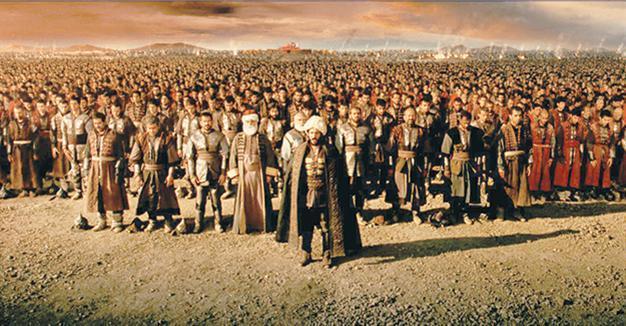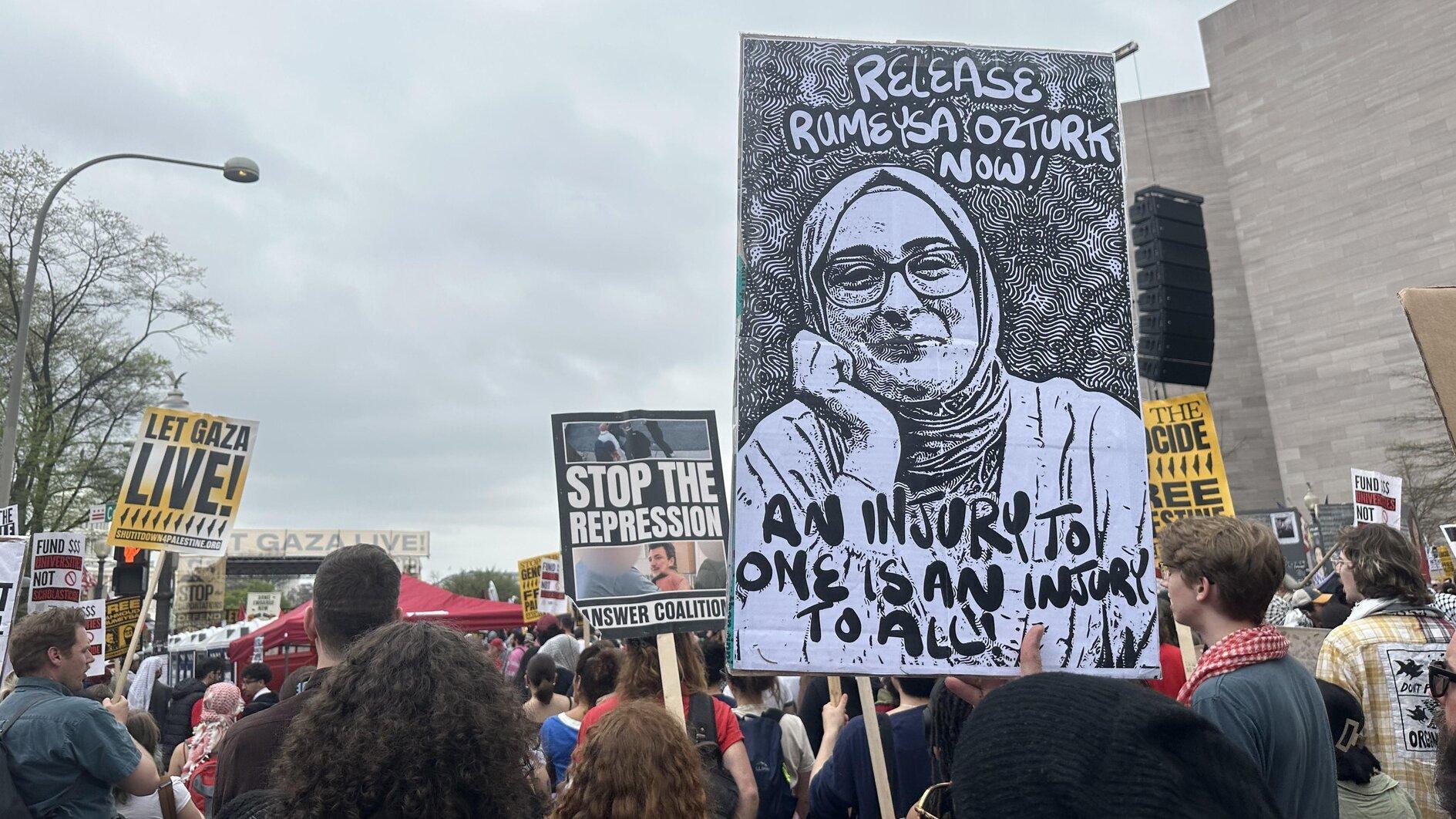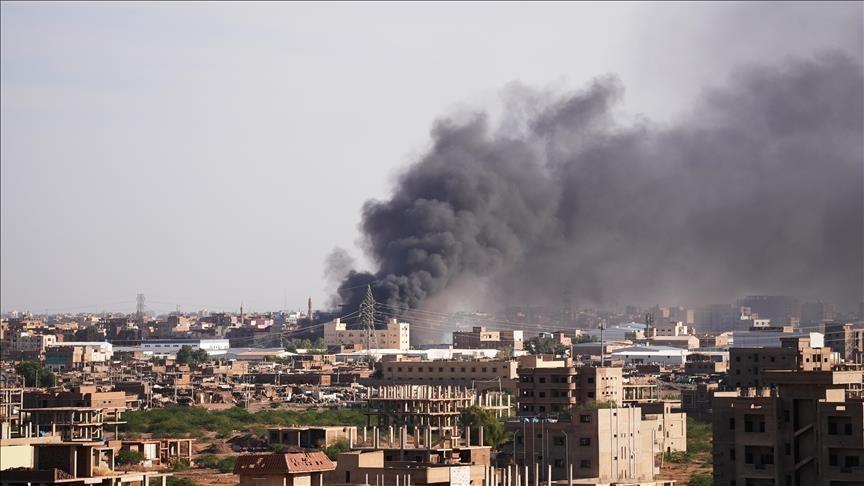Seven centuries of war in Turkish cinema
Emrah Güler
 This week’s new release, director Serdar Gözelekli’s “Muna,” takes a look at war and its consequences through the eyes of its titular character, a 6-year-old Palestinian girl. While the film is not set in Turkey, the war in question is not far off. Muna’s family’s house is raided by Israeli soldiers one night in 2009. The little girl hides in the kitchen cabinet, only to find out in the morning that she is all alone.
This week’s new release, director Serdar Gözelekli’s “Muna,” takes a look at war and its consequences through the eyes of its titular character, a 6-year-old Palestinian girl. While the film is not set in Turkey, the war in question is not far off. Muna’s family’s house is raided by Israeli soldiers one night in 2009. The little girl hides in the kitchen cabinet, only to find out in the morning that she is all alone.Muna takes to the streets in search of her parents. During her search, Muna comes across Ela (Leyla Göksün), a surgeon who has traveled from Turkey with Doctors Worldwide to help victims of war. Ela’s colleague Ali (Turgay Aydın), along with his childhood friend Süleyman, come to their aid, searching for little Muna’s parents. All of them confront the realities (and atrocities) of war during their quest.
War films in Turkish cinema range from outrageous propaganda and recreation of history to heartbreaking human stories and a deep longing for peace. With clashes continuing to haunt Turkey’s southeast for more than three decades, and the emergence of independent Kurdish filmmakers in the last decade, many films have been taking the audience to the heart of the conflicts.
One recent example is last year’s powerful “Küçük Kara Balıklar: Güneydoğu’da Çocuk Olmak” (Little Black Fish: Being Children in the Southeast), a documentary produced by Drama Istanbul, a group specializing in script development, film project design and production. The film, directed by five filmmakers, A. Haluk Ünal, Cem Terbiyeli, Ezel Akay, Önder İnce and Serpil Güler, lends its narrative to the first-hand accounts of 11 people who were children in the region in the heat of the war.
The 11 witnessed the horrors of war at different times; some are in their 30s now, others barely teenagers. With no narrator, and the occasional footage of the mentioned events, the film takes its power from the accounts of the real witnesses, told with sadness, confusion, anger, occasional humor and calm to make sense of the horrors experienced as children.
From Ottoman Empire to World War II
In her 2012 documentary “Ben Uçtum Sen Kaldın” (I Flew, You Stayed), Kurdish writer and filmmaker Mizgin Müjde Arslan takes off on a journey to southeast Turkey to find her long-lost father. “I grew up hearing about my father, who joined the guerrillas a few months after I was born,” said Arslan, taking on a harrowing journey to her hometown. The impact of the film can sadly be seen in Arslan being taken into custody after its release.
Going back further in history, last year’s “Rüzgarın Hatıraları” (Memories of the Wind) by Özcan Alper is set in World War II. The film follows its Armenian protagonist Aram (Onur Saylak), a painter and poet, as he flees from Istanbul, in the face of possible danger for his life. He settles in a hut in the forest across the Soviet-Georgia border, where a young man and his wife give him shelter.
As Aram waits for the papers that will take him across the border, he remembers a painful past that claimed the lives of close ones during the Armenian relocation of 1915. Alper takes its audience to two distinctive periods of war in Turkey’s history. While “Rüzgarın Hatıraları” towers as a beautifully-shot period drama, thanks mostly to Andreas Sinanos’ award-winning cinematography, the tolls and politics of war are deeply examined.
A major inspiration for filmmakers in Turkey is the Gallipoli Campaign of World War I. Marking the centenary of the campaign last year, a surge of films on the campaign hit the theaters. The most popular one was Russell Crowe’s directorial debut of 2014, “The Water Diviner.” The film stars Crowe, along with two big names from Turkey, Yılmaz Erdoğan and Cem Yılmaz. The film follows Crowe’s Australian farmer traveling to Turkey after the war in search of his three missing sons.
Then there are some Turkish films that are blatant examples of crude nationalism, best seen perhaps in 2012’s box office smash “Fetih 1453” (The Conquest 1453). The epic tale of the conquest of Constantinople by the Ottomans from the Byzantines might have been applauded for its art direction, costume design and CGI battle scenes, but it was an exercise in distortion of history, fictionalizing every historical detail for an almost fanatical Turkish nationalism.
















